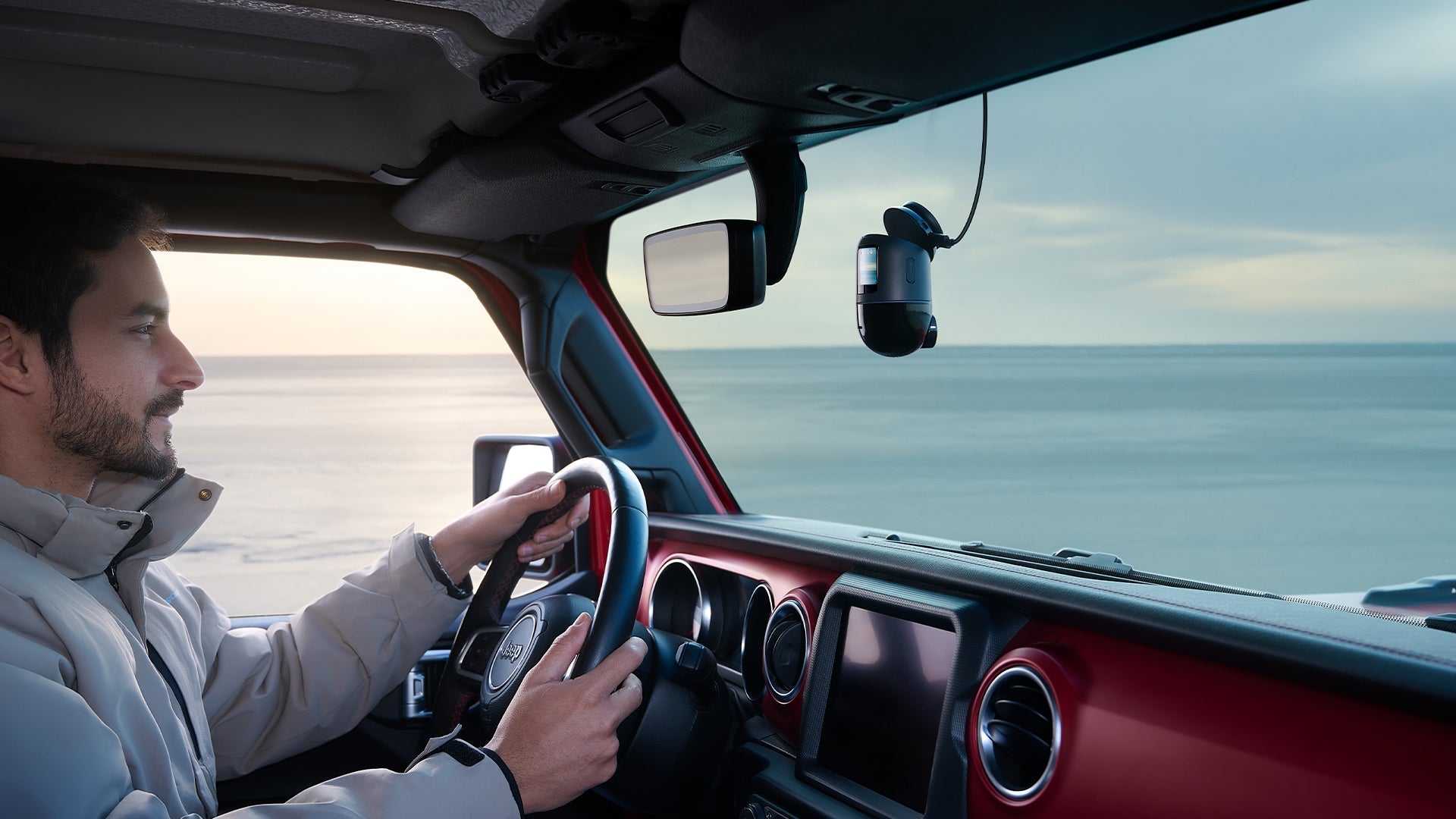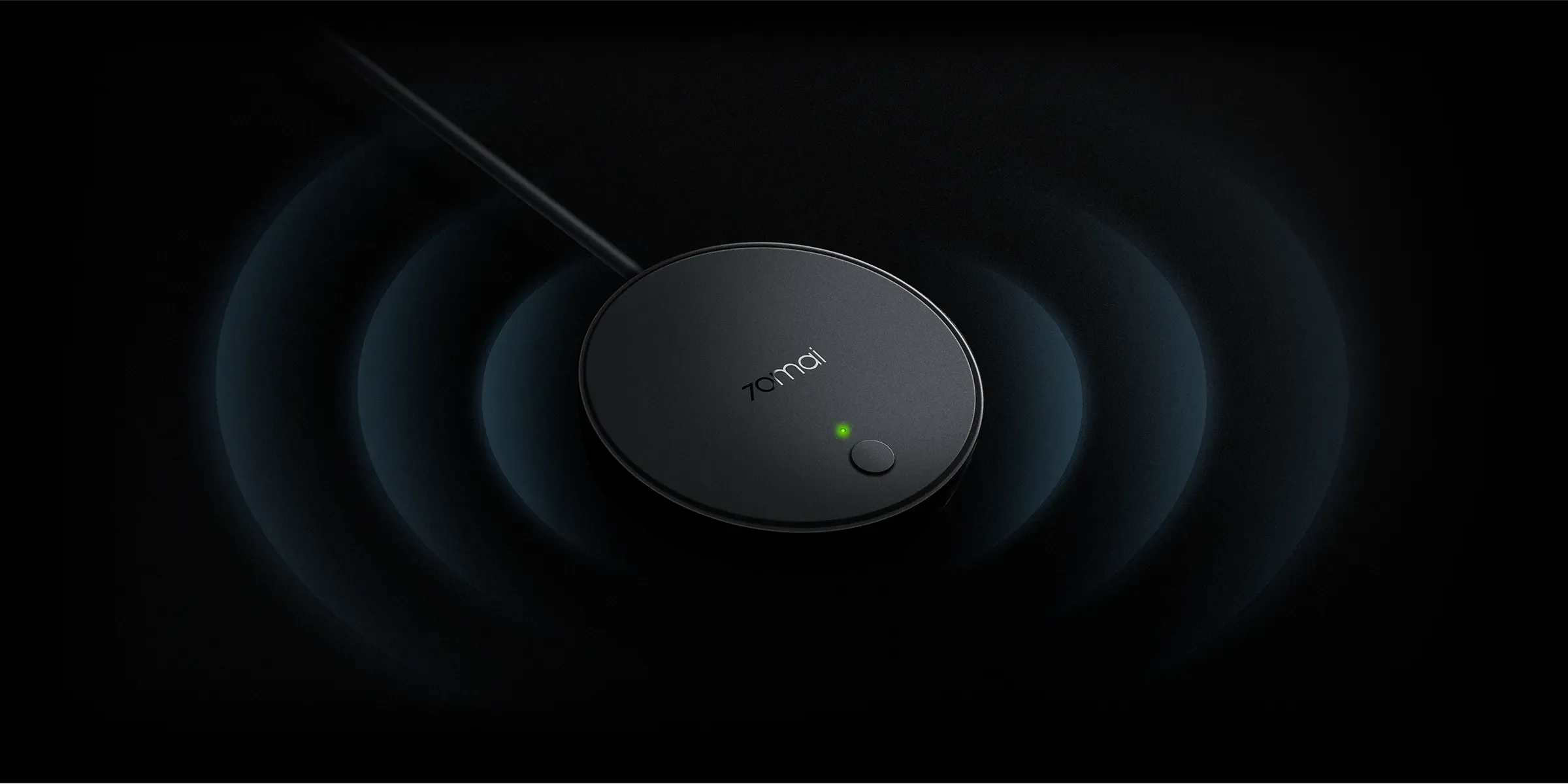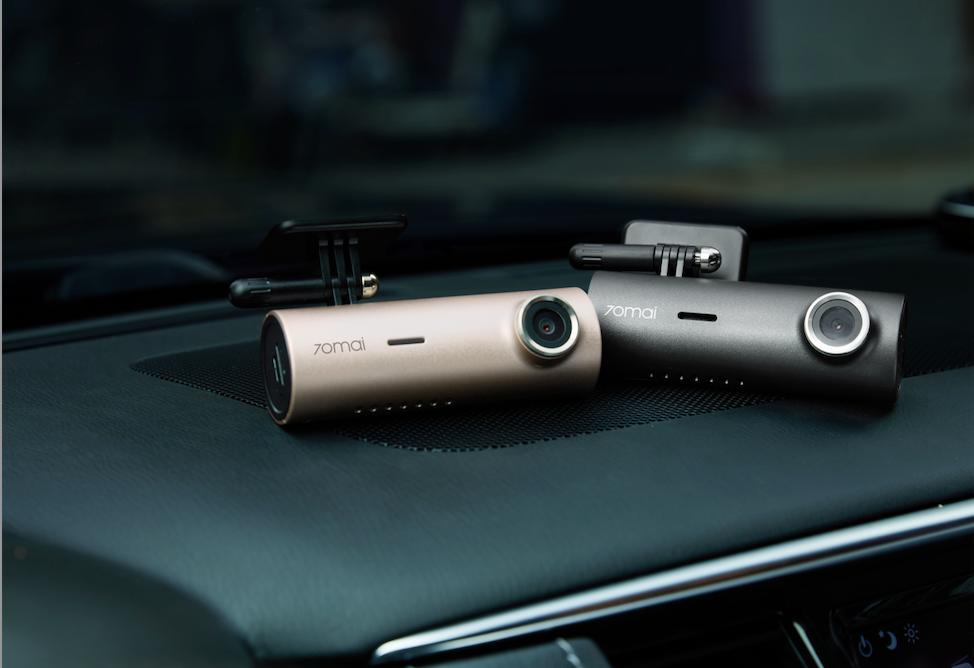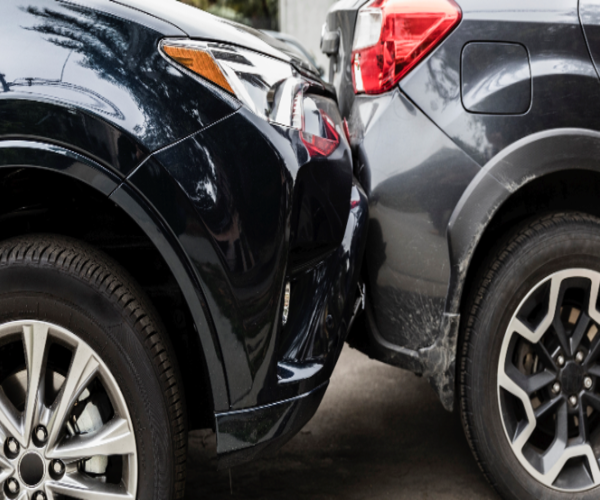70mai - August 18 2024
Is It Legal to Record Audio and Video with A Dash Cam?
Dash cams are increasingly popular for their ability to capture video evidence of driving incidents. While video recording with dash cams is generally understood, the addition of audio recording introduces a layer of legal complexity. This guide explores the legal implications of using a dash cam to record both video and audio, highlighting consent laws and best practices for compliance.

Dash cams are essential for documenting driving events and ensuring safety, but recording audio involves specific legal considerations. This article covers the legality of recording both video and audio, regional consent laws, and practical tips for compliance.
Summary
Highlights
- 🎥 Dash cams are valuable for recording accidents and enhancing safety.
- ⚖️ Legal complexities arise with audio recording, especially regarding consent.
- 📜 Consent laws vary by state, with some requiring all-party consent.
- 🛡️ Complying with data protection laws is crucial for legal and privacy reasons.
- 📝 Best practices include informing all parties, using informational signs, and securing footage.
Key Insights
- 🚗 Dash cams are widely used to provide evidence in case of accidents, which can streamline legal processes.
- 📜 Consent laws for audio recording vary significantly across the U.S., affecting how and where recordings can be made.
- 🔒 Proper management of dash cam footage is vital to prevent unauthorized access and comply with privacy regulations.
- 🏛 Footage recorded legally and with consent can be valuable in legal proceedings if maintained properly.

The Dual Functionality of Dash Cams
Modern dash cams often come with built-in microphones, enabling them to record audio in addition to video. This feature can provide crucial context for incidents, capturing conversations and ambient sounds that may be relevant in legal disputes. For professionals like taxi or bus drivers, audio recording can enhance safety and provide additional evidence in conflicts.
Legal Considerations for Video Recording
General Legality
In the U.S., recording video with a dash cam is generally legal and widely accepted for documenting traffic incidents and monitoring driving behavior. However, local regulations can vary, so it's essential to be aware of state-specific laws to ensure compliance.
Public vs. Private
SpacesRecording in public areas is typically allowed, but capturing footage on private property—such as driveways or private roads—can be more complex. Respecting property owners' privacy and obtaining permission when necessary is crucial.
Legal Considerations for Audio Recording
Regional Differences
Audio recording laws vary significantly across the U.S.:
- One-Party Consent States: In most states, only one party involved in the conversation needs to consent to the recording.
- All-Party Consent States: 12 states require the consent of all parties involved. These states include Florida, Maryland, Nevada, Massachusetts, Pennsylvania, California, Connecticut, Michigan, Illinois, Montana, New Hampshire, and Washington.
Implications of Non-Compliance
Violating audio recording consent laws can result in legal consequences, including fines and lawsuits. For industries where passenger safety is critical, such as public transportation, informing passengers of recording through announcements or signs can help ensure compliance.
Best Practices for Legal Compliance
Obtaining Consent
To adhere to audio recording laws, inform all parties being recorded. This can be done through verbal announcements or automated broadcast messages in vehicles.
Informational Placards
Display a visible sign in your vehicle stating "Audio and Video Recording in Progress" to notify passengers and fulfill consent requirements.
Data Security and Storage
Properly manage and store dash cam footage to protect privacy and prevent unauthorized access. Ensure recordings are kept confidential and accessible only to authorized individuals.
Using Dash Cam Footage as Evidence
Admissibility in Court
Dash cam footage can serve as valuable evidence in court if recorded in compliance with state laws. Ensure the footage is clear, unaltered, and legally recorded to be admissible.
Clear and Unaltered Footage
Record in high definition and back up files to avoid tampering. Accurate footage strengthens its value as evidence.
Detailed Documentation
Keep detailed records of incidents, including date, time, and location, to support the visual evidence and provide a comprehensive account of the events.
Conclusion
Navigating the legalities of recording both video and audio with a dash cam involves understanding and complying with state-specific laws, particularly regarding consent. While video recording is broadly accepted, audio recording requires careful attention to avoid legal issues. By following best practices for consent and data management, you can ensure your dash cam usage complies with legal standards and protects privacy.
FAQs
1. Is it legal to use a dash cam in all states in the U.S.?
Yes, dash cams are legal in all states, but check local regulations to avoid obstructing the driver's view.
2. Do I need to inform passengers that they are being recorded by my dash cam?
In states requiring all-party consent, inform all passengers. In one-party consent states, only one person needs to be aware of the recording.
3. Can dash cam footage be used as evidence in court?
Yes, provided the footage was legally obtained and meets clarity and authenticity criteria.
4. How can I protect the privacy of third parties captured on my dash cam?
Secure footage and avoid sharing it publicly without consent, especially if it includes identifiable individuals.
5. What should I do if my dash cam records an accident involving other vehicles?
Save and secure the footage, share it with your insurance company and law enforcement if needed, and avoid posting it on social media to protect privacy.


































































































